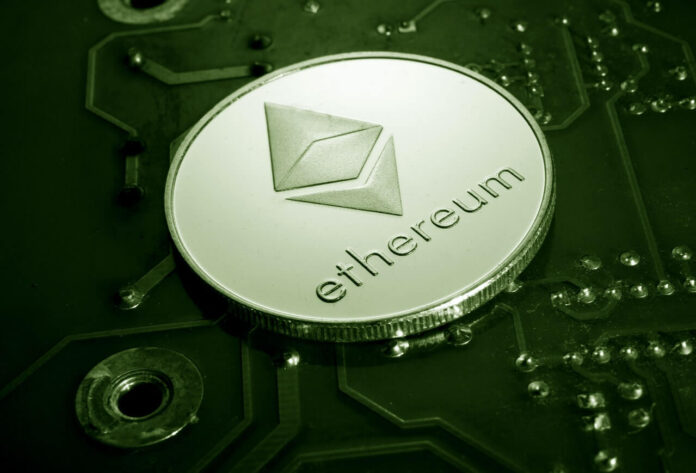Ethereum is a decentralized platform that runs smart contracts: applications that run exactly as programmed without any possibility of downtime, censorship, fraud, or third-party interference. These apps run on a custom-built blockchain, an enormously powerful shared global infrastructure that can move value around and represent the ownership of property.
This enables developers to create markets, store registries of debts or promises, move funds in accordance with instructions given long in the past (like a will or a futures contract), and many other things that have not been invented yet, all without a middle man or counterparty risk.
Does Ethereum Matter? What makes it so special?
1.
2. Ethereum is decentralized, meaning that it is run by many different people all over the world. It does not make difference where you are from – as long as you have access to the internet and a compatible client (more about those below), you’re good to go! Since there is no central governing body, no one can shut down your account or seize your assets (or the assets of any other user). Basically what this means for end-user is that applications don’t go down if one single company goes bankrupt or gets hacked.
3. Ethereum is open source. This means that anyone with the necessary skills and knowledge can contribute to its development. Unlike other platforms, Ethereum does not rely on a small team of developers – it is instead maintained by a large global community.
4.
How does Ethereum Works? for Begginers
In order to understand how Ethereum works, it is important to understand some basic concepts about blockchains. You can think of a blockchain as a ‘public ledger where all transactions are recorded and confirmed anonymously by the network nodes (computers connected to the Ethereum platform) through a process called mining.
The main difference between a public and permissioned blockchain is that anyone can join the former whereas only selected people can participate in the latter. More information about blockchains can be found on this website.
The Ethereum blockchain uses similar underlying principles but also has many differences from Bitcoin. In general, an EVM (Ethereum Virtual Machine) is more flexible than a script-based system like Bitcoin’s because it allows code or even itself to run inside of another contract.
This makes it possible to create more complex applications on the blockchain. For example, you could have a contract that controls a bank account and allows only authorized individuals to withdraw money from it.
Best Ethereum Clients:
In order to use Ethereum, you need to install an Ethereum client. There are many different clients available, but the most popular ones are:
1. Geth – this is the official Ethereum client and it is written in Go (a programming language).
2. Parity – this client is also written in Go and it offers a range of features such as smart contracts, dApps, and multisig wallets.
3. Mist – this is an all-in-one client that enables users to browse, install and use decentralized applications. It is still in the beta version, but you can check it out here.
Next Spot:
>What is Bitcoin Mining? (Explained)
>What is 5G Technology? Everything you need to know

